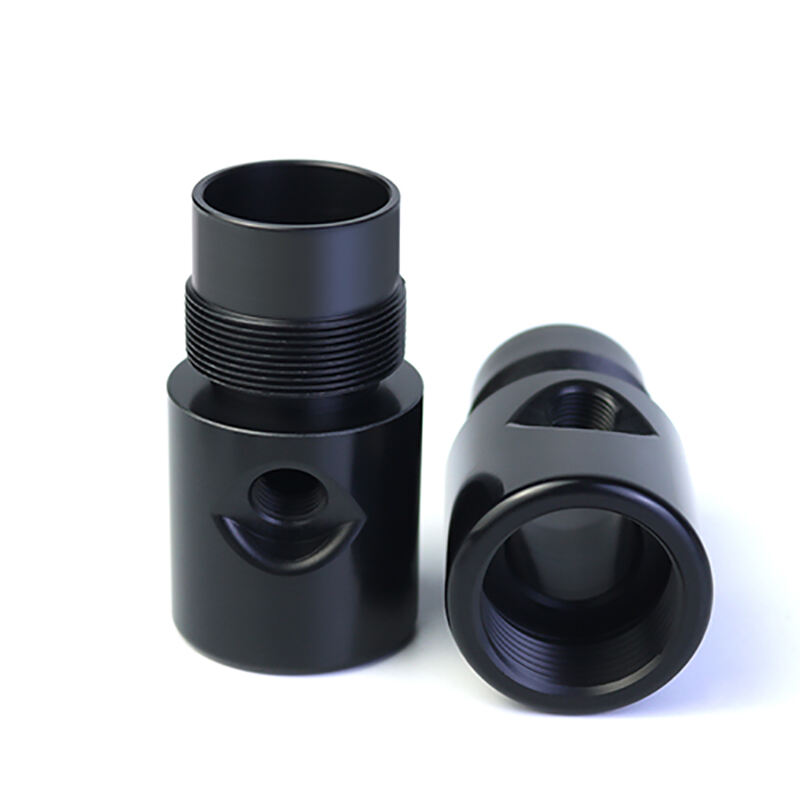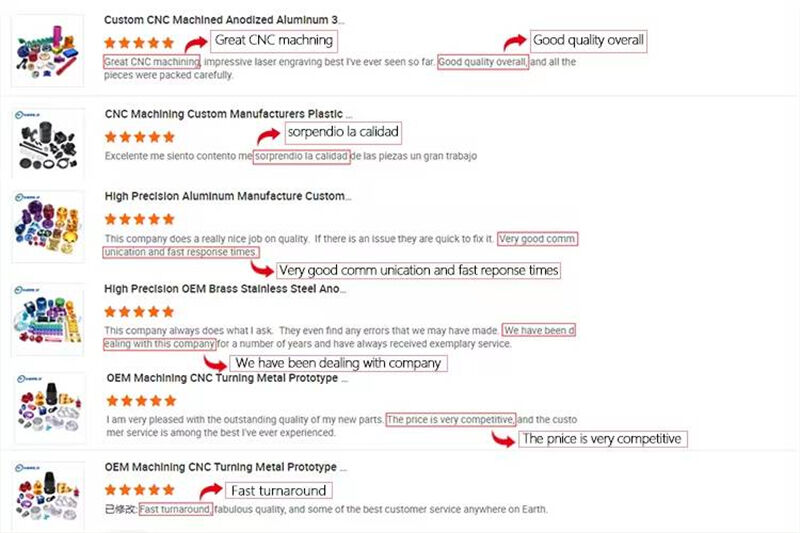Building 49, Fumin Industrial Park, Pinghu Village, Longgang District
Sunday Closed
Precision Machining Parts
Type:Broaching, DRILLING, Etching / Chemical Machining, Laser Machining, Milling, Other Machining Services, Turning, Wire EDM, Rapid Prototyping
Model Number:OEM
Keyword:CNC Machining Services
Material: stainless steel aluminum alloy brass metal plastic
Processing method :CNC Turning
Delivery time:7-15 days
Quality:High End Quality
Certification:ISO9001:2015/ISO13485:2016
MOQ:1Pieces
If you've ever had to machine non-standard threads—or threads into tricky materials—you know how much of a headache it can be. That’s where CNC thread milling steps in. It’s precise, flexible, and perfect for custom thread profiles that just don’t work with standard taps or dies.

Thread milling is a machining process where a rotating tool (called a thread mill) is used to cut threads into a workpiece. Unlike tapping, where the tool follows the thread path exactly and cuts the entire thread in one go, thread milling uses a helical interpolation method. The tool moves in a spiral as it cuts, forming threads with much more control.
Tapping is great for basic threads. It’s fast and simple. But it has some serious limits:
• It’s not ideal for hard materials
• One broken tap can ruin a part
• You need a different tap for each thread size and pitch
• Taps don’t handle shallow holes or blind holes very well
Thread milling, on the other hand:
• Works on tough or exotic materials (like titanium or Inconel)
• Produces cleaner, more accurate threads
• Allows for one tool to cut multiple thread sizes (within a range)
• Can be used for both internal and external threads
• Is ideal for low-volume runs or custom designs
One of the biggest advantages of thread milling is its flexibility. Have a thread spec that’s outside standard charts? No problem.
With CNC programming, you can define:
• Custom diameters
• Unique thread pitches
• Non-standard forms (like trapezoidal or buttress threads)
• Multi-start threads
• Tapered or partial threads
This is especially useful in aerospace, medical, oil and gas, or R&D applications—anywhere off-the-shelf fasteners don’t cut it.
Thread milling isn’t always the go-to for high-volume, standard parts—but when custom threads are in the picture, it’s the most versatile and reliable option. With the right tooling and a solid CNC setup, you can create precision threads that meet exacting standards, every time.



Q:How fast can I receive a CNC prototype?
A:Lead times vary depending on part complexity, material availability, and finishing requirements, but generally:
• Simple prototypes: 1–3 business days
• Complex or multi-part projects: 5–10 business days
Expedited service is often available.
Q:What design files do I need to provide?
A:To get started, you should submit:
• 3D CAD files (preferably in STEP, IGES, or STL format)
• 2D drawings (PDF or DWG) if specific tolerances, threads, or surface finishes are required
Q:Can you handle tight tolerances?
A:Yes. CNC machining is ideal for achieving tight tolerances, typically within:
• ±0.005" (±0.127 mm) standard
• Tighter tolerances available upon request (e.g., ±0.001" or better)
Q:Is CNC prototyping suitable for functional testing?
A:Yes. CNC prototypes are made from real engineering-grade materials, making them ideal for functional testing, fit checks, and mechanical evaluations.
Q:Do you offer low-volume production in addition to prototypes?
A:Yes. Many CNC services provide bridge production or low-volume manufacturing, ideal for quantities from 1 to several hundred units.
Q:Is my design confidential?
A:Yes. Reputable CNC prototype services always sign Non-Disclosure Agreements (NDAs) and treat your files and intellectual property with full confidentiality.
Copyright © Shenzhen Perfect Precision Products Co., Ltd. All Rights Reserved — Privacy Policy — Blog